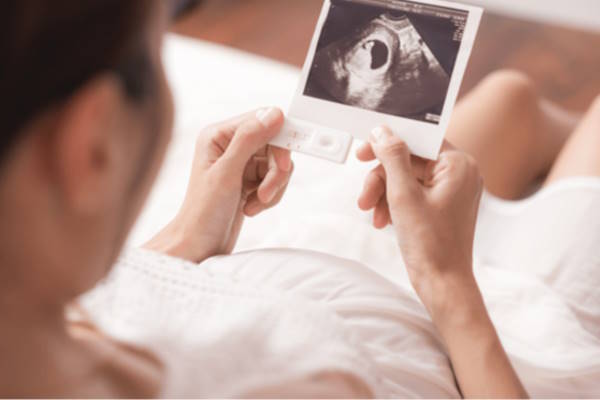Dr. Mickey Coffler was recently quoted in an article written by Stephanie Anderson Witmer for Today’s Parent titled “Subchorionic Bleeding: What You Need To Know.”
As stated in the article, a subchorionic hemorrhage (SCH) is also referred to as a subchorionic hematoma or bleeding. It’s one of the leading causes of vaginal bleeding during early pregnancy. The good news is that if a subchorionic hematoma occurs, it usually doesn’t mean the pregnancy is in danger. Research has found no correlation between the presence of SCH alone and adverse pregnancy outcomes.
SCH occurs when blood forms between the amniotic sac and the outer layer of the uterine wall, which is called the chorion or chorionic membrane. In most cases, there is no clear cause of an SCH, but some possible causes may include implantation trauma, placental or uterine abnormalities, and other medical conditions.
There are some factors that may increase the risk of SCH including a history of miscarriage and underlying health conditions. “Certain conditions, like high blood pressure, autoimmune disorders, or clotting disorders, may increase the risk,” says Mickey S. Coffler, M.D., FACOG, a board-certified reproductive endocrinologist at HRC Fertility in California.
To learn more about subchorionic bleeding, read the article in its entirety here.

